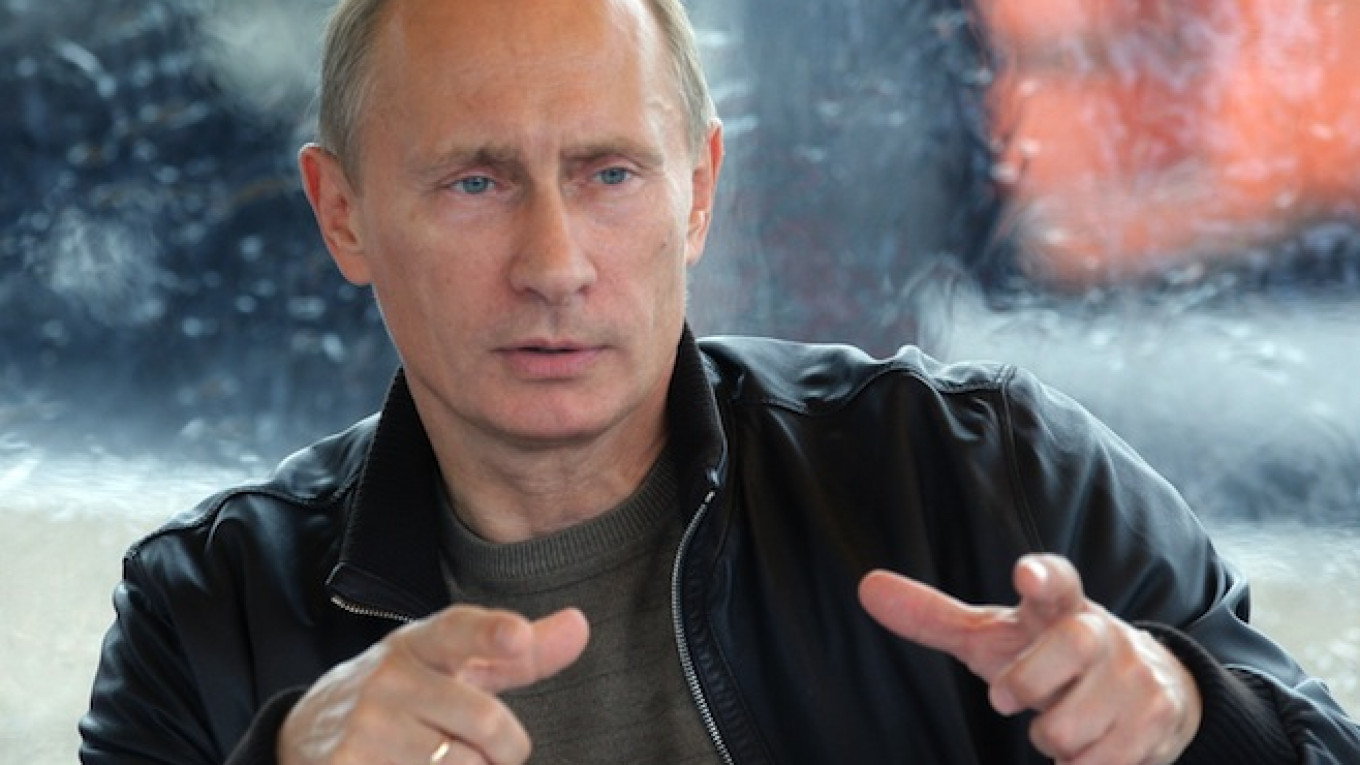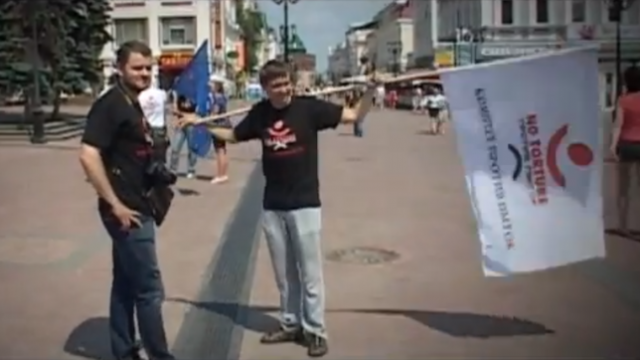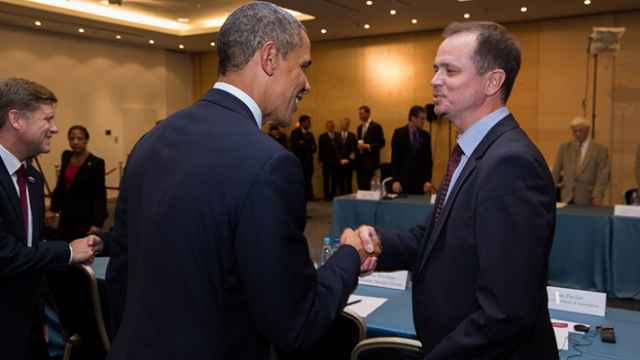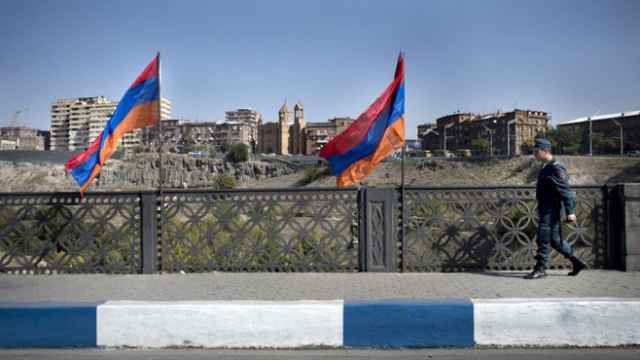BANJA LUKA, Bosnia — Activists in Bosnia's autonomous Serb republic voiced alarm on Friday over a draft law they nicknamed Putin's Bill, which seeks to put foreign-funded non-profit groups under government control and calls their members "foreign servants."
President Vladimir Putin approved a bill in 2012 obliging foreign-funded groups deemed to be engaging in political activity in Russia to register with the Justice Ministry as "foreign agents" and submit to monitoring and regulation.
Dragana Dardic, executive director of the Helsinki Citizens' Parliament, a non-governmental organization, said legislation due before Bosnia's parliament next Tuesday was very similar. "That's why we call it 'Putin's law.'"
"If this law is passed, it will mean the end of any critical activity in the Serb republic and will close the circle of limitations for public and free civic expression," Dardic told Reuters.
The government, viewed with suspicion by opponents for its efforts to strengthen ties with Moscow, says the bill answers a justifiable need for financial transparency in the work of both government and non-government agencies.
"We all have to be equally transparent," said Serb Republic Prime Minister Zeljka Cvijanovic, commenting on the criticism.
The law introduces tight control of non-government organizations (NGOs) financed from abroad. It also envisages bans and fines for those seen as "politically engaged."
Activists say the bill, along with another that introduces stricter terms for public gatherings, aims to choke civic criticism.
In February, parliament passed an amended law on public order, introducing fines for social media posts deemed offensive or disruptive, despite warnings from watchdogs and embassies that it would further curb freedom of speech in the region.
The Bosnian branch of the Transparency International corruption watchdog asked the regional constitutional court this week to examine the validity of the law on public order.
It also said that putting under control only foreign-funded organizations was discriminatory and "clearly shows the authorities' intention to restrict the work of organizations that criticize the government."
A Message from The Moscow Times:
Dear readers,
We are facing unprecedented challenges. Russia's Prosecutor General's Office has designated The Moscow Times as an "undesirable" organization, criminalizing our work and putting our staff at risk of prosecution. This follows our earlier unjust labeling as a "foreign agent."
These actions are direct attempts to silence independent journalism in Russia. The authorities claim our work "discredits the decisions of the Russian leadership." We see things differently: we strive to provide accurate, unbiased reporting on Russia.
We, the journalists of The Moscow Times, refuse to be silenced. But to continue our work, we need your help.
Your support, no matter how small, makes a world of difference. If you can, please support us monthly starting from just $2. It's quick to set up, and every contribution makes a significant impact.
By supporting The Moscow Times, you're defending open, independent journalism in the face of repression. Thank you for standing with us.
Remind me later.






